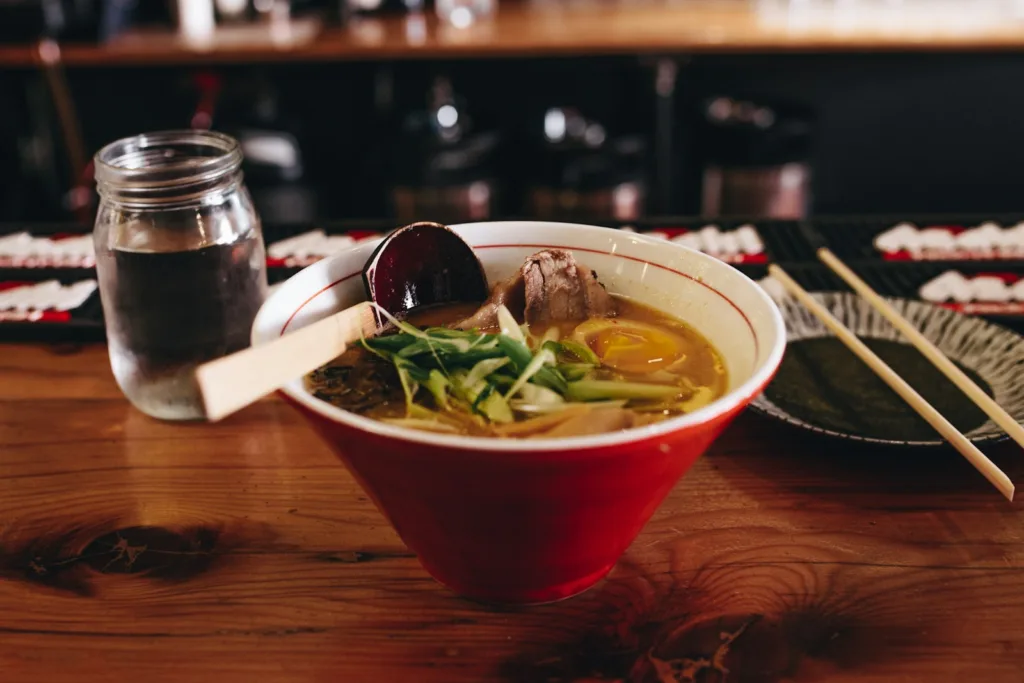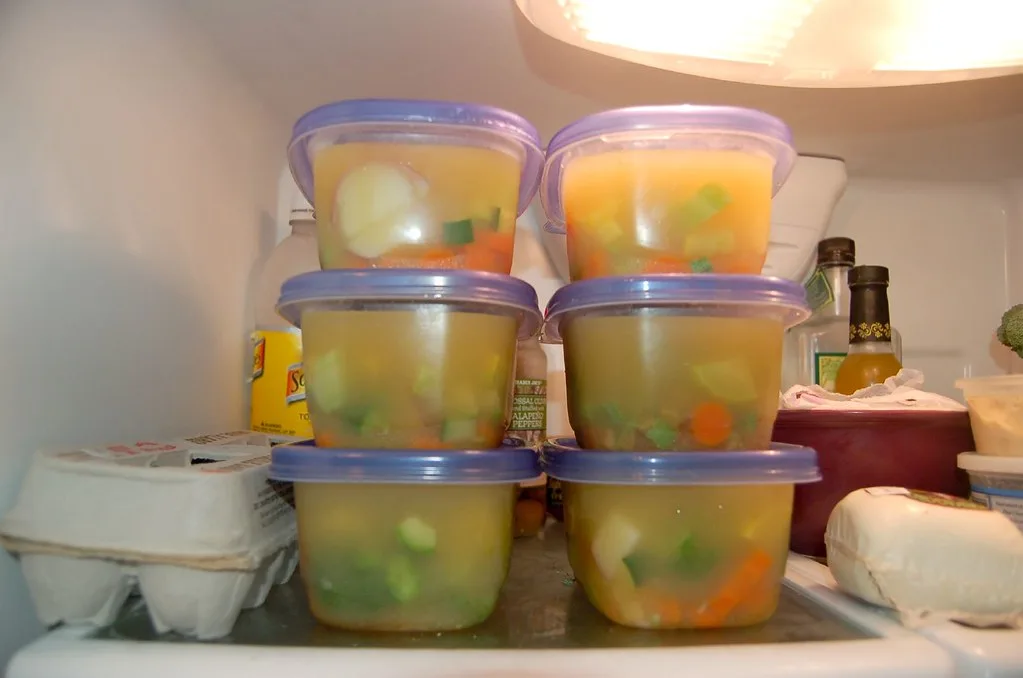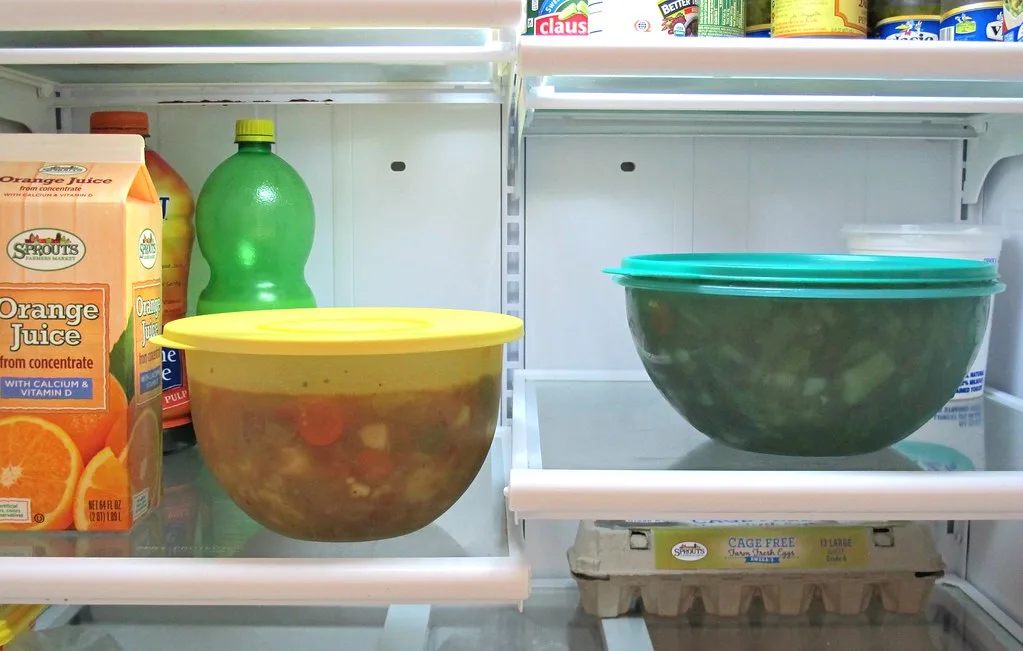Table of Contents
If you estimate your soup recipe too much, you may end up with a big pot that you can’t consume in one sitting. However, having more can be advantageous. Soup is a hassle-free dinner option because it’s simple to reheat or even reinvent with other ingredients. However, to safely eat your soup again, it must be well refrigerated. Even though soup can still smell and look good the next day, keeping it out overnight is not recommended. Even in the winter, when your kitchen may be colder than usual, improperly refrigerated soup can serve as a haven for dangerous bacteria.

It’s crucial to remember that chilling might not do as much to extend soup’s shelf life as you might imagine. Proper freezing will keep it fresh for two to three months, but refrigeration can shorten its shelf life. It won’t be safe to eat your soup for more than three or four days. It’s preferable to discard it at that point to prevent any health hazards.
The Best Way To Keep Soup Cold In The Refrigerate

Plan to refrigerate any leftover soup as soon as you realize you’ll have some. It’s a common misconception that soup must cool at room temperature before being stored, however doing so actually reduces the soup’s shelf life. This is because there is a greater chance of hazardous bacteria growing the longer food is kept in the “danger zone,” which is defined as temperatures between 40 and 140 degrees Fahrenheit. This temperature range fosters the growth and multiplication of bacteria, hampering the spoiling process.
Divide the soup into smaller, shallow containers and refrigerate instead of putting the entire pot in the fridge or transferring it into a large container. This will shorten the soup’s time in the danger zone by enabling it to cool much more quickly. This should be finished in two hours, or in one if the soup is left somewhere hotter than ninety degrees Fahrenheit, like a summertime cookout or a lunchbox inside a warm car.
Is It Possible To Extend The Soup’s Shelf Life?
Soups that are refrigerated just slow down the growth of bacteria rather than completely stop it from occurring. But the components in your soup can also affect how quickly germs proliferate. Soups that have both meat and dairy, for example, are more likely to go bad soon. On the other hand, vegetable soups, particularly those made with acidic components like lemon juice or tomatoes, have a tendency to stay longer. The soup may be able to be refrigerated for an additional day, but you should still be on the lookout for any symptoms of spoiling.

The most noticeable signs of spoiling are aroma and texture changes. To tell if something has gone bad or not, look for signs such as sliminess or a sour odor rather than trying to taste it. While mold can occasionally be seen, bubbles, which are the product of fermentation caused by bacteria, are also frequently seen. All of these indicate that your soup is no longer fit for consumption and that you ought to discard it.
The most noticeable signs of spoiling are aroma and texture changes. To tell if something has gone bad or not, look for signs such as sliminess or a sour odor rather than trying to taste it. While mold can occasionally be seen, bubbles, which are the product of fermentation caused by bacteria, are also frequently seen. All of these indicate that your soup is no longer fit for consumption and that you ought to discard it.
read also : Eat Less of These 5 Prediabetes-Related Foods.
Here’s How Long You Can Keep Soup In The Fridge Before Tossing It (msn.com)
